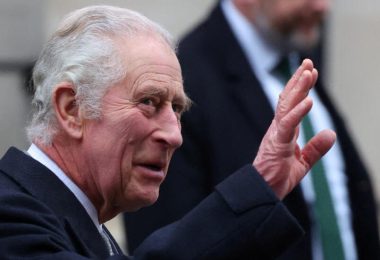The UK government has recently implemented new rules that restrict most international students from bringing their families into the country, causing internal divisions within the ruling Conservative Party. These regulations, effective immediately, apply primarily to international students, excluding those enrolled in postgraduate research courses or holding government-funded scholarships. The change is part of the government’s broader strategy to curb misuse of the visa system and is projected to reduce the number of individuals entering the UK by about 140,000 annually.
These restrictions have sparked controversy, as reflected in the significant increase in student visas issued in recent years. In 2022, the number of student visas issued reached 486,000, a substantial increase from 269,000 in 2019. Additionally, dependant visas saw a notable rise to 136,000 in the same period, up from 16,000 in 2019.
Home Secretary James Cleverly supports the new regulations, highlighting the government’s commitment to reducing immigration numbers and securing the UK’s borders. However, opposition voices, such as Shadow Home Secretary Yvette Cooper, criticize the measures for being superficial and failing to address broader skill and labor market challenges. Cooper accuses the Conservative Party of undermining economic growth and exacerbating migration issues.
Furthermore, the government faced criticism for backtracking on its commitment to increase the family visa income threshold. Originally planned to rise from £18,600 to £38,700, the increase has been revised to be implemented in early 2025. Critics, including some from within Chancellor Rishi Sunak‘s party, have accused him of showing weakness in his approach to these changes.
The immigration debate in the UK continues to be a contentious issue, particularly with Sunak’s pursuit of the Rwanda scheme, designed to curb small boat crossings in the English Channel. Despite facing legal challenges and being deemed unlawful by the Supreme Court, the scheme passed its second reading in the Commons, although it remains a divisive issue within the Conservative Party.






